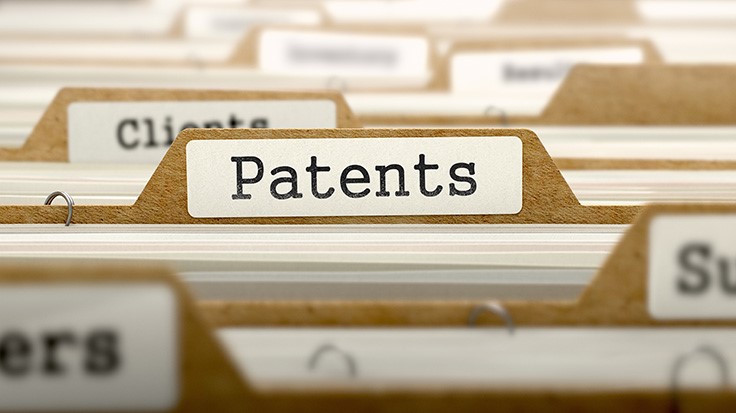Source: cannabisbusinesstimes.com

UCANN v. Pure Hemp will provide insight as to how federal courts will approach cannabis IP cases.
In late July, United Cannabis Corporation (UCANN), a biotech company, filed a patent lawsuit against Pure Hemp Collective Inc., a cannabis products company. The two Colorado-based cannabis companies are now fighting what appears to be the first patent lawsuit in the industry.
UCANN asserts that Pure Hemp manufactures and distributes a tincture that infringes on its patent, U.S. Patent No. 9,730,911: "Cannabis extracts and methods of preparing and using same." In alleging Pure Hemp’s “willful infringement,” UCANN’s attorneys write that company personnel purchased Pure Hemp’s Vina Bell 500mg product and tested it to confirm.
The company found that Pure Hemp’s product infringed on one of the claims in the UCANN patent—namely, “[a] liquid cannabinoid formulation wherein at least 95% of the total cannabinoids is cannabidiol (CBD).”
Read the full civil complaint below.
UCANN’s patent also includes similar claims for “liquid cannabinoid formulations wherein at least 95% of the total cannabinoids” is THCa THC, a combination of THCa and CBDa, and a combination of THC and CBD. Other claims include certain ratios of cannabinoids to terpenes and flavonoids.
David Gold, intellectual property attorney at Cole Schotz, says that this case is important to the industry on two levels.
“There’s this case in particular, which has to do with this particular patent that’s going to impact companies that are creating these types of products. Obviously, that’s a huge issue for them,” he says. “The bigger issue that we’re all going to be looking at is just how the courts are going to deal with a cannabis-related patent.”
Cannabis, of course, remains a Schedule-I substance in the eyes of the federal government, which includes the courtrooms in the District of Colorado. Despite UCANN’s attorneys’ insistence that “the reclassification of CBD will likely occur by the end of September 2018,” citing the recent FDA approval of Epidiolex, there’s no clear indication that the Drug Enforcement Administration will do such a thing anytime soon.
“It could be construed as an over-broad patent that's going to impact a lot of companies creating these types of products,” Gold says. “The second question ... is whether any of these products—there could be a very sophisticated, unique, new, novel, non-obvious product that is very much patentable that there's no prior art on that at some point is going to be the subject of litigation. Are the courts going to hear it? How is the judge going to treat it when it's clearly used in connection with these controlled substances?”
A conference hearing in UCANN v. Pure Hemp is scheduled for Oct. 3.
Because of the nature of this lawsuit and this patent, cannabis companies across the industry will be watching this docket closely. Whether the judge dismisses this lawsuit, or the parties reach a settlement or an invalidity claim is filed against the UCANN patent—the outcome of this case could have far-reaching consequences. Businesses should take heed.
Were the judge to issue a favorable ruling for UCANN, the company would then be armed with case law in any future legal action against other companies that manufacture high-potency cannabis extracts.
Gold says that, while we’re waiting for this case to progress, those other businesses “could do a survey of their products and see whether any of those products potentially infringe and see if they can be tweaked in a way that may not infringe. They can do their own research as to whether what they have is protectable. They can be proactive and seek out licenses for any technology that perhaps is patented. There are proactive and defensive mechanisms to position themselves.
“If somebody's already been in the business of creating these high-potency cannabis liquids that they know that they were doing it certainly before this other company, then they may even join in the case in an invalidity suit,” he says. “Or they might bring the third-party re-examination action knowing that they're sort of next in line to be attacked on this.”
Top photo courtesy of Adobe Stock
No comments:
Post a Comment